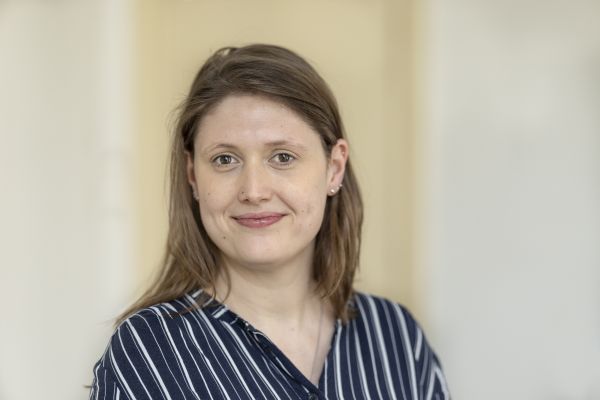SCOOP: Sustainable Cooperation
We are a transdisciplinary research and training centre studying how to make society more resilient through sustainable cooperation.
In today’s world, working together can be difficult.
At SCOOP, we believe that sustainable cooperation is key to a healthy society. That's why we are investigating how to maintain cooperation over time. SCOOP brings together researchers from five Dutch universities to answer the questions:
- How can we sustain effective cooperation?
- What are the key threats to social resilience?
- And what are the novel solutions to making our communities more caring and inclusive?
Since 2017, SCOOP has been discovering the secrets to making cooperation more sustainable. Our researchers in sociology, psychology, history, and philosophy are developing roadmaps for resilience by studying how societies can maintain high levels of care, work, and inclusion, despite the challenges posed by changing circumstances. Our innovative theoretical model explains not only how sustainable cooperation can be achieved, but also how it breaks down due to vicious cycles, and the unintended side effects in multiple social domains.
Four multidisciplinary work packages
Our transdisciplinary work strategy is divided into four work packages: Care, Inclusion, Work, and Synthesis. We’ve broken with the tradition of focusing on single cooperation domains, because we believe that any intervention aiming to secure sustainable cooperation needs to take into account how other social areas and organisations are impacted.
We are building a transdisciplinary knowledge ecosystem through our Synthesis program, generating a research infrastructure capable of tackling cooperation from multiple disciplinary perspectives. To do this, we’ve developed a multi-method, open access data interface as well as a talent selection and training program to prepare the next generation of top researchers and build the research instruments needed to foster a more resilient society.














